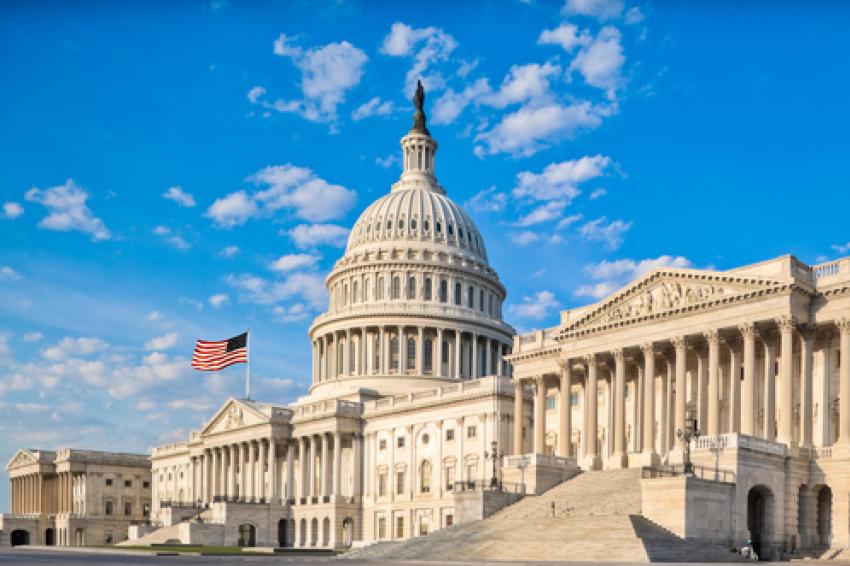US Senators Seek Answers on Drug Shortages
The proposed Pharmaceutical Supply Chain Risk Assessment Act would put pressure on the US Department of Homeland Security, the Department of Defense, the Department of Health and Human Services and the White House Office of Pandemic Preparedness and Response Policy to make assessments of the current situation and make plans to address the issues, many of which predate 2018.
At that time, Scott Gottlieb, then-commissioner of the US Food and Drug Association (FDA), who is currently on the board of pharma giant Pfizer, launched a national Shortages Task Force to look for what he called “holistic solutions” to addressing the underlying causes.
For unexplained reasons, as senators Gary Peters, a Democrat representing Michigan, and Joni Ernst, a Republican from Iowa, noted, the task force’s efforts failed to remedy the situation, which in the ensuing decade has grown increasingly dire.
Currently, the FDA’s online drug shortage database lists more than 200 drugs as undersupplied, including injectable cancer therapeutics and over-the-counter analgesics as well as antibiotics such as amoxicillin, which is also short in Europe.
A separate database maintained by the American Society of Health System Pharmacists points to a shortfall of more than 900 drugs and doses.
An estimated 80% of active pharmaceutical ingredients used in the US are imported, which Ernst in a press statement said could poses a national security risk in the case of a national or global crisis.
“The United States cannot continue to rely on our foreign adversaries, like China, for critically important materials to meet the medical needs of Americans,” the statement said.
“This bipartisan legislation, Peters added, “will provide the federal government with a better understanding of how our over-reliance on foreign nations for critical drugs threatens our military readiness and creates health risks for Americans. This is just the first step.”
Author: Dede Williams, Freelance Journalist





